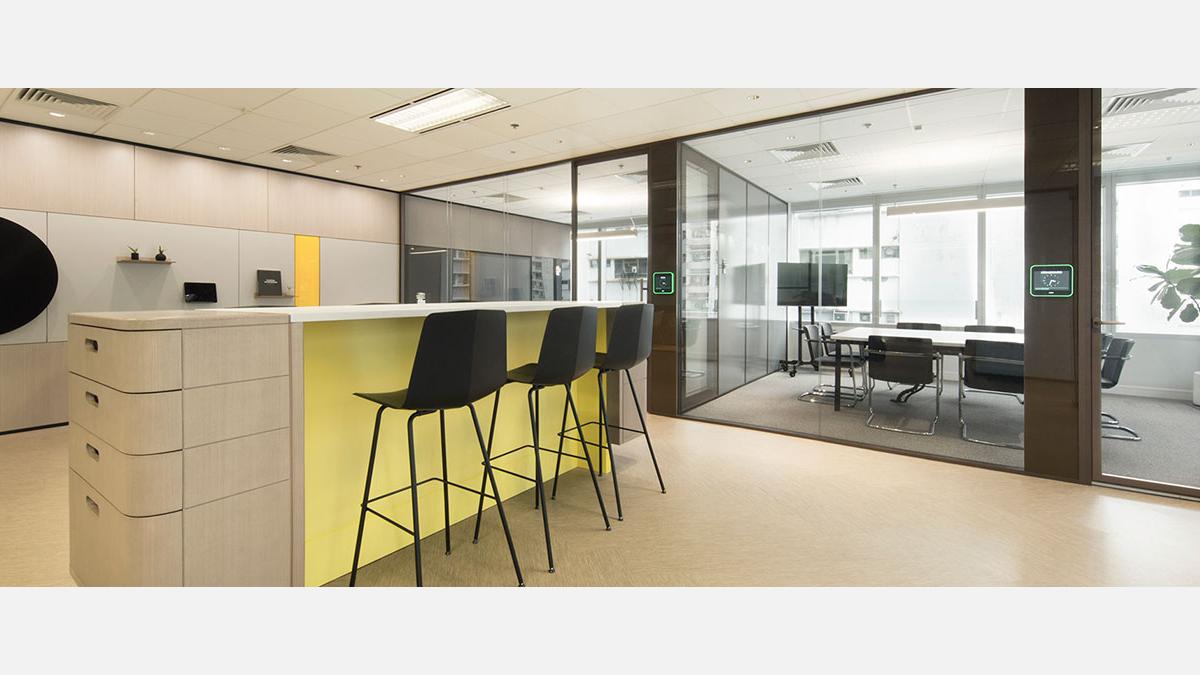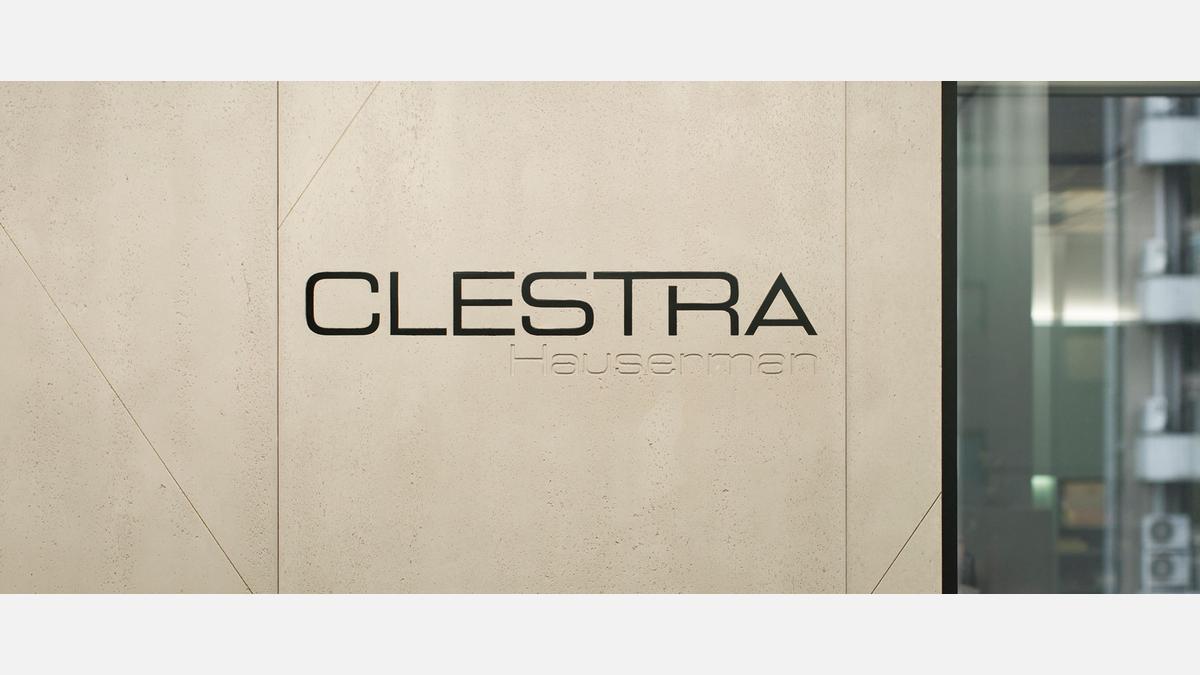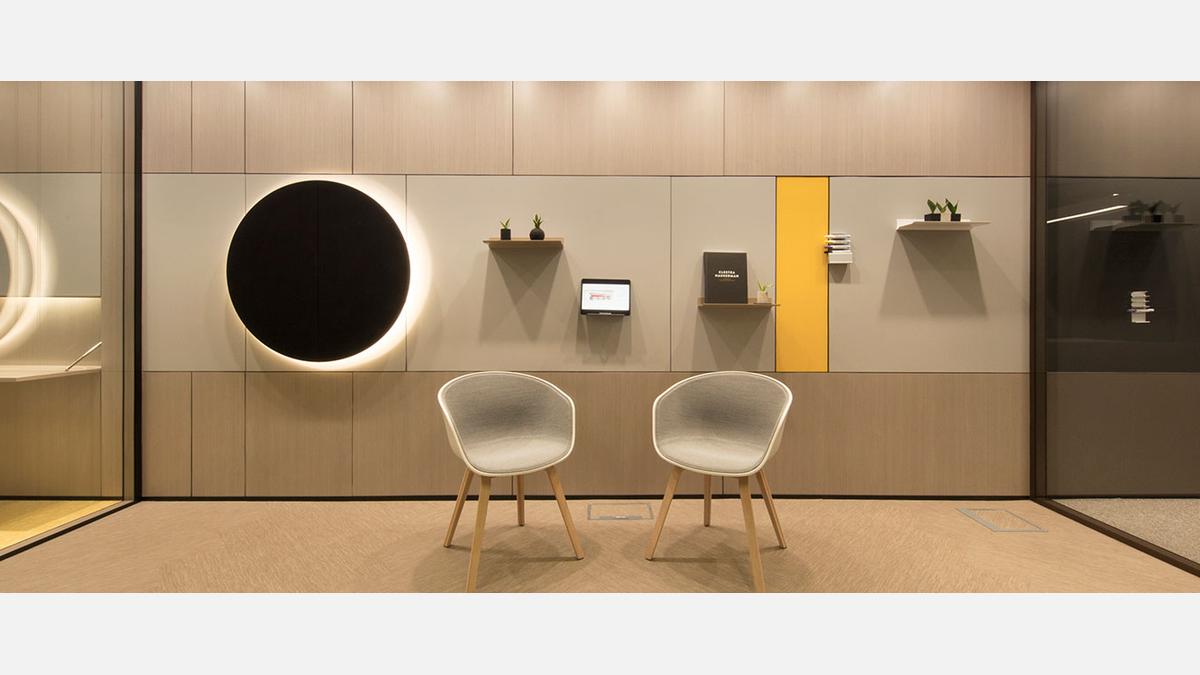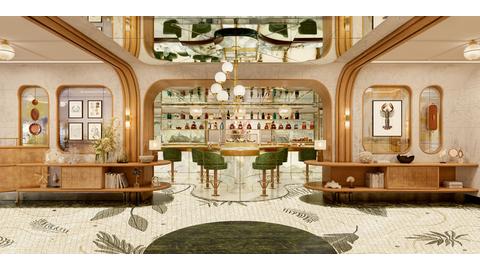Analyses & Studies • Sectors & markets • Foresight • Publications
HongKongEcho: Sustainability meets the workplace
The latest battleground for sustainability might just be the modern workplace. Leading the charge is a blend of slick design and circular economy.
The modern workplace is an extravagant beast. In-house baristas, standing workstations, beanbag salons, employee-only gyms, plant installations on the scale of small suburban forests. The list goes on.
But companies at the cutting edge demand more. They want a workplace that is built sustainably and that can be easily adapted for future use. In their search for a cleaner, greener built office environment those companies are increasingly turning to specialists like Clestra Hauserman.
From their idyllic showroom in Taikoo, Clestra’s Managing Director for South Asia Gilles Marino admits the stakes are high. Resource scarcity and wastage are top-of-mind for the construction industry, but so too the health and comfort needs of citizens, talent, and an ageing workforce.
“The challenge for the construction industry is clear: it needs to increase its productivity while simultaneously minimising its environmental and social impact,” he says.
If you’ve ever (re)furbished an office, you’ll know it’s typically a messy affair. Harmful volatile organic compounds (VOCs) are released when plaster walls are torn down, while discarded materials have a negative impact on waste generation. Not to mention the disruption caused by noise pollution to office workers and site builders alike.
Clestra’s approach is to eliminate these factors through prefabricated modular partitions made with materials that are certified to the highest green standards. These partitions are easily installed, removed, and reinstalled across different floors of a building – or even integrated into different buildings with adaptability for ceiling heights.
“We’re promoting a circular economy model by maximising the life-span of our product through reuse,” says Marino. It also means site workers installing the panels are simply charged with assembly, thus reducing the risks of industrial disease from long-term exposure to typical building work.
In Hong Kong, their clients include the likes of Goldman Sachs and Google, while they’ve recently fitted out the offices of a new swing space in the swish surrounds of Swire’s One Taikoo Place. With a circular economy approach, the partition system will be used in that space by a tenant for two years – afterwards the Clestra products will be reused for a different tenant in another building stock.
As workplaces continue to seek out the best solutions for employees and the environment alike, Marino will be hoping his message catches on. “Evolve without destroying, and reuse products to adapt to changes.”












